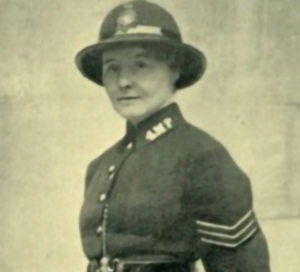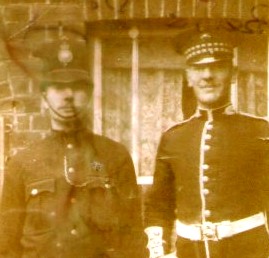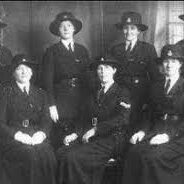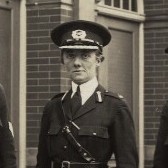Role: Police Officer

From Lincolnshire, Lilian Wyles was one of the earliest female police officers in England. Originally studying law she broke off the legal studies she had begun at her father’s instigation, to serve as a hospital nurse in World War I.
Wyles started her police career in February 1919 as one of three sergeants in the Metropolitan Women Police Patrols, covering Central London and the East End but without the power of arrest. The patrols met with scorn from policemen and from members of the public. “Daunted at first, Wyles became accustomed to her visibility as another London sight, ‘along with the Tower and Westminster Abbey’. People stopped and commented within earshot: ‘How queer.’ ‘How unwomanly.’ ‘Not quite nice, do you think?’” However, they were given tasks such as escorting lost children. Largely thanks to her efforts, the patrols’ women were given attested status within the Metropolitan Police in 1923, i.e. the power of arrest. As one of the first women in such a position, her relations with male colleagues were uneasy, although she enjoyed the confidence of the chief constable of the CID, Frederick Porter Wensley, until his retirement in 1929.
Wyles was also instrumental in making it a task for women police officers to take statements from women in cases of sexual assault. Wyles was promoted to chief inspector in 1932. She retired to Penzance, Cornwall where she wrote her memoirs – A Woman at Scotland Yard: Reflections on the struggles and achievements of thirty years in the Metropolitan Police.





